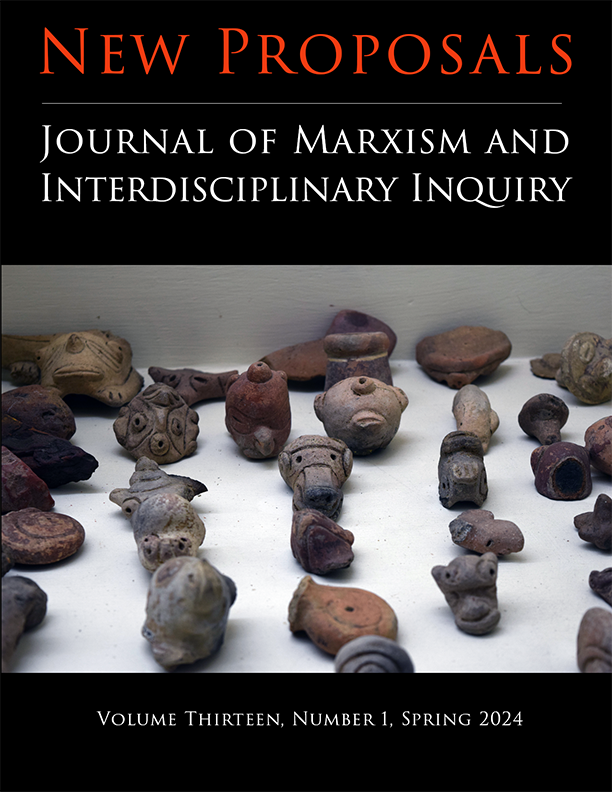Political Political Power Struggles in Suriname
A Gramscian analysis of the 2020 Elections
Abstract
The lead up to the May 2020 elections in Suriname, a Dutch-speaking country in the Caribbean with a culturally diverse population of 550,000 people, was beset with several difficulties including the effects of the coronavirus pandemic. Although Suriname has had seventeen universal suffrage elections since 1949, this election cycle was notable for the integral role of social media in political campaigning. Political parties adapted and implemented online campaign strategies with extensive politicking through platforms on issues such as corruption, economic crisis and ethnic political mobilization. Online campaign strategy raises questions about whether changes in political communication change the shape and nature of political struggle in a country characterized by consociational democracy and electoral instability. This article addresses these questions, with the broader goal of understanding political power struggles from a new lens that draws on e-politics and Gramsci’s classical approaches. Combined with social media analyses, this article highlights how the ruling political party, the NDP, seeks to maintain its power and how the main opposition party, the VHP, challenges it. It also examines whether social media influenced the nature of political party interaction, the construction of networks and allies, the political framing of ethnicity or the formation of online public opinion.
Downloads
Published
Issue
Section
License
Copyright (c) 2024 Kirtie Algoe

This work is licensed under a Creative Commons Attribution-NonCommercial 4.0 International License.
Copyright for articles published in this journal is retained by the authors, with first publication rights granted to the journal. By virtue of their appearance in this open access journal, articles are free to use, with proper attribution, in educational and other non-commercial settings.
